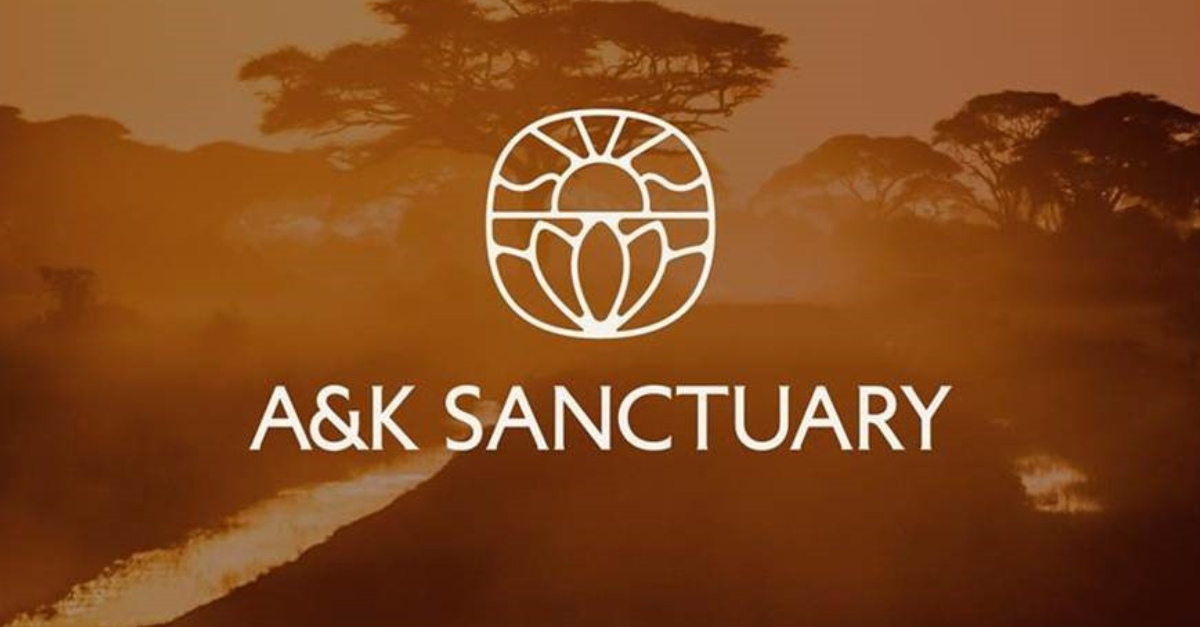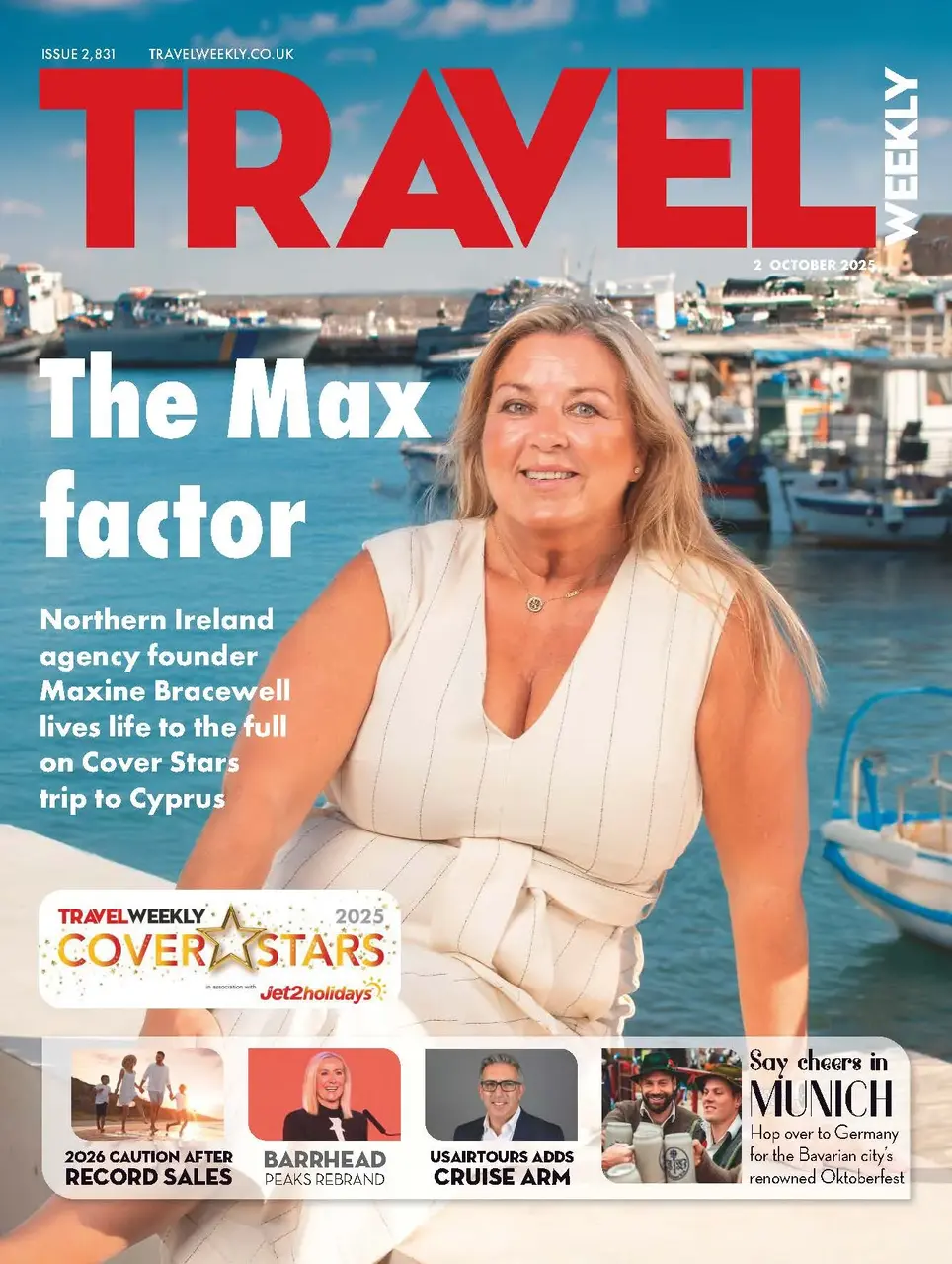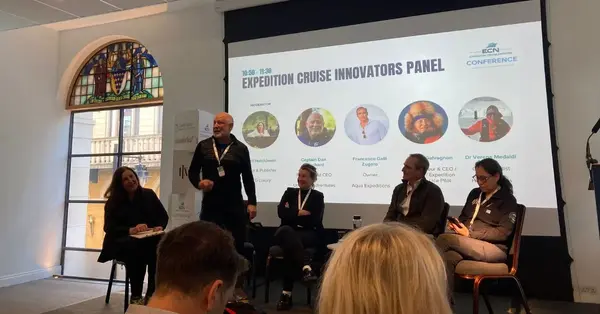The modern traveller has many faces
Cassie Petrie of SAP Concur outlines the generational differences in travel habits

Travel plays an integral role in generating new business opportunities, nurturing working relationships, and encouraging employee learning and development. But in 2025, it’s under greater scrutiny than ever.
Video calls and instant messaging have quickly taken precedence over in-person interactions. In the boardroom, executive leaders are enticed by the cost-saving and convenience of grounding employee trips to visit clients, conferences, and satellite premises. But employees say they’re still keen to hit the road.
SAP Concurs Global Business Travel Survey revealed that more than half (64%) of business travellers in the UK believe business travel is essential, while just 2% deem it unnecessary. But it’s not just perspectives on the need for travel that differ. Different generations have their views on comfort and travel preferences.
This year marks the first time in history that seven distinct generations are alive simultaneously. So, do Gen-Z travellers push the budget boundaries more than boomers?
To get to the bottom of generational trends in travel, let’s step into the shoes of four fictitious travellers:
Janet, baby boomer: The frugal spender
Meet Janet, 64, the Director of Sales for a globally recognised technology brand.
Janet and her peers are the least likely generation to indulge in extra spending with the company card. But they’re certainly not scraping by: 56% of baby boomers increase their spending when travelling for work compared to leisure.
Janet’s generation is more drawn to value. Six in 10 (62%) baby boomers are willing to use their own funds for travel upgrades, while 64% try to save money from their work trips, for example, by spending less of their daily allowance on meals. She represents a generation that moderates its travel indulgences.
Tim, Gen X: The comfortable guest
Tim, 49, is an established Communications Lead for a film distribution company. He embodies the Gen-X approach to business travel: Like 72% of his generation, Tim is comfortable spending more when travelling for work compared to leisure.
But it’s not just company funds being spent. Around three-quarters (74%) of Gen X are willing to spend their own money on travel perks, such as premium seating or additional nights to avoid long days on the move.
Tim is resourceful, too. Like the baby boomers before them, 73% of Gen-X travellers have recently started taking steps such as spending less of their company allowance. Tim revels in the opportunity to get on the road and promote the studio’s latest feature.
Jack, millennial: The high roller
Marketing Specialist Jack, 33, is a millennial business traveller who lives it large on the road. From decadent room service orders to generous tipping habits, 89% of millennials are spending more extravagantly when travelling for work.
Even if he can’t expense it, Jack won’t settle for a standard suite. 88% of millennials are willing to spend their own money to upgrade accommodation, seating class, or other amenities.
And as is the trend among travellers, most millennials (87%) will take the opportunity to save themselves money, e.g. by earning miles or points.
On a personal level, for Jack, romantic getaways are a priority. "Baecations" (partner-only holidays) are seeing a resurgence, with people like Jack leading this trend.
Ellie, Gen Z: The budget maximiser
Finally, meet Ellie, a 22-year-old Influencer Relationships Executive establishing herself in the advertising industry. Compared to their cross-generational peers, Gen-Z travellers like Ellie have more extravagant spending habits: the vast majority (94%) enjoy upgrades on the company dime.
However, Ellie will pay her way for a first-class ticket if it isn’t provided by the company, like the 93% of Gen-Z travellers happy to use personal funds for upgrades. Perhaps they’re more willing to invest in the experience early in their career – or perhaps younger, more junior staff are expected to moderate their spending while senior employees are given additional perks through the company.
Whatever the case, Ellie, like 92% of Gen-Z travellers, tries to save on trips, such as by underspending on allowances or stashing freebies from hotels or conferences.
While looking to save a buck, Ellie is also driving the luxury market. In 2024, 47% of Gen Z travellers stayed in five-star accommodations.
Generation divide
These generational differences span across leisure too. For example, boomers regularly turn to travel advisors to book trips, while Gen Z take their inspiration from social media.
The takeaway for those who work in the travel industry? The modern traveller has many faces.
Generational nuances challenge organisations to create travel offerings that satisfy everyone– whether they’re travelling for business, leisure or both, if they are a seasoned professional like Janet or an emerging talent like Ellie.
By offering personalised and flexible approaches to all, companies can empower all generations to reap the benefits of travel.
You have viewed both of your 2 free articles this month as an unregistered user
To continue reading, please register with Travel Weekly free of charge, or if you have already registered click here to login
















